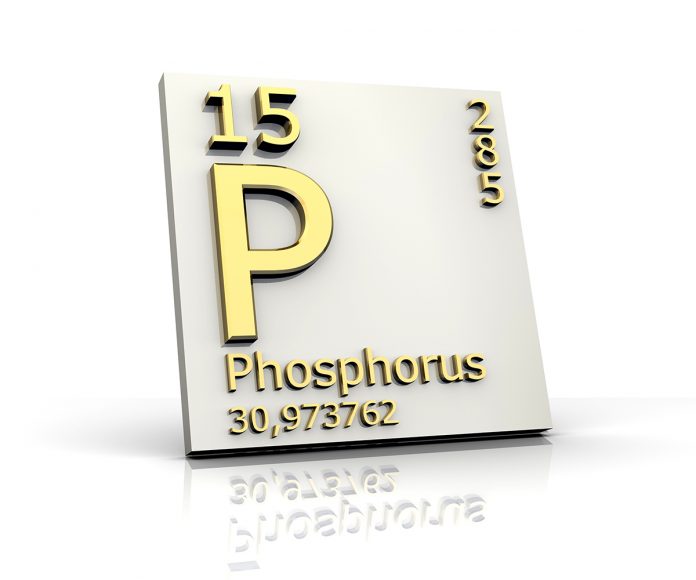Diliana D. Simeonova of the Bulgarian Academy of Sciences imparts her seasoned expertise on phosphorus geomicrobiological research
Phosphorus is one of the five vital elements, together with carbon, nitrogen, oxygen and hydrogen, plays a crucial role in the life on our planet. It is a structural and functional component in all organisms and is found in vital cell constituents as nucleic acids, nucleotides, phosphoproteins, phospholipids and others. In all these components, however, Phosphorus is present in its higher oxidation state [P, +V] as phosphate. Its abundance at the surface of the Earth has been estimated to be 0.10–0.12% (w/w).
The world’s mineral phosphate resources are finite; therefore, there is a need of efficient phosphorus processing by developing strategies for its reuse, recovery and recycling.
The inorganic P exist in five different oxidation states [-III, 0,+I, +III,+V], where phosphate [P, +V] is the growth-limiting nutrient predominantly in water environments. Thus, organisms able to utilize alternative P –sources (reduced P forms) have an ecological advantage and importance under P-limiting conditions. Phosphite [P,+III] is used in different formulations as a fungicide, fertiliser (it is assumed that soil bacteria oxidize phosphite to phosphate is an indirect P source for higher plants) and fumigant (high toxicity for insects).
The organophosphonates are organic compounds having P in [+III] oxidation state and are characterised by a stable covalent carbon-phosphorus (C-P) bound. Phosphonates have many industrial applications such as herbicides, detergent additives, medical applications (antibiotics) and others. Organophosphonates as reduced inorganic P species has been demonstrated to serve as alternative P sources to some microorganisms. Nonetheless, most of the anthropogenic polyphosphonates are assumed as resistant to bacterial degradation.
Phosphorus geomicrobiological research platforms
Due to the importance of phosphorus being a non-renewable and non-substitutable resource for food production, essential for agriculture and food security and providing the ongoing international pressure on raw materials and food production, the need of phosphorus management will remain.
In March 2013 was created the European Sustainable Phosphorus Platform after the first European Sustainable Phosphorus Conference aiming at the improvement and enlargement of the knowledge over phosphorus cycling, losses and the efficiency of its processing in different environments (natural and manmade). This platform strengthens and creates new links, facilitates discussion between the market, stakeholders and regulators. It ensures knowledge and experience sharing, creates networks on phosphorus management and contributes to define a long-term vision for phosphorus sustainability in Europe.
Please note: this is a commercial profile
Diliana D. Simeonova
Assistant Professor
The Stephan Angeloff Institute of
Microbiology, Bulgarian Academy of
Sciences, Bulgaria
Tel: +359 2 979 3115











